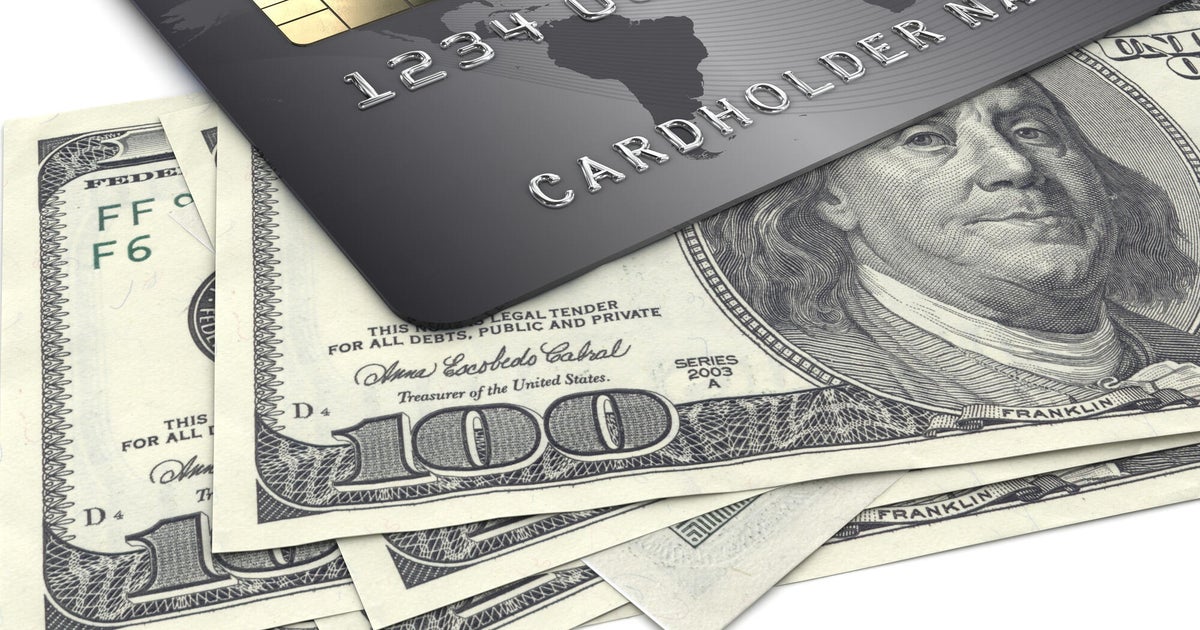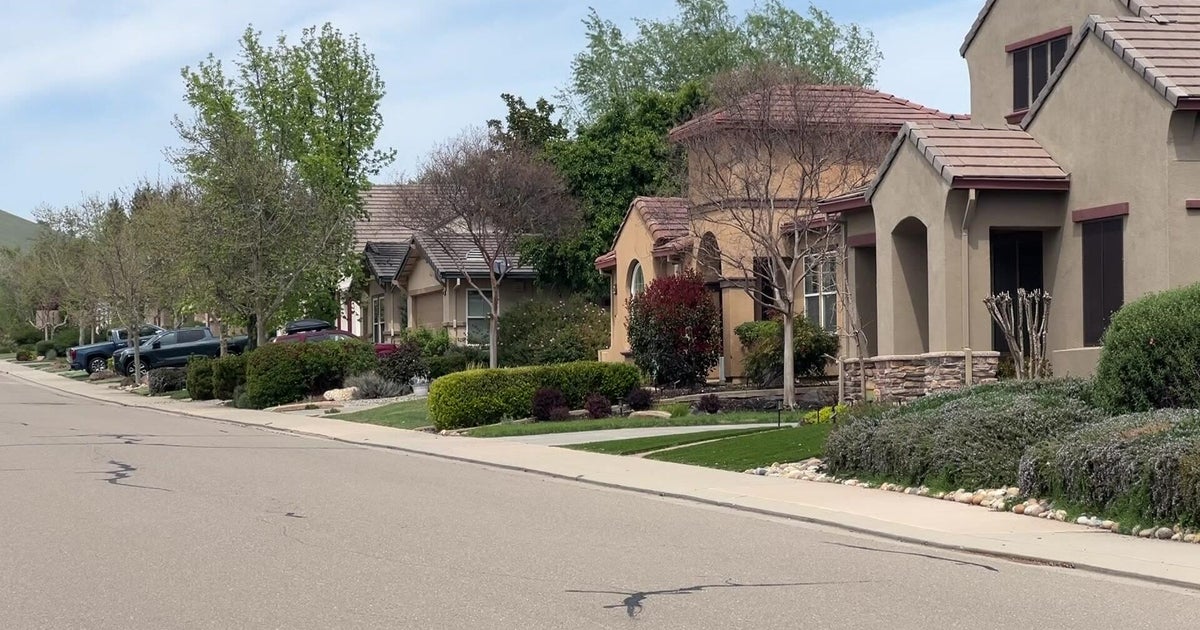Does debt relief work?
Today's high interest rate environment is making borrowing money expensive, and while there could be rate cuts later this year, it's looking less likely right now. Not only has inflation remained persistent, but the most recent U.S. jobs report shows continued robust economic activity. This, in turn, prompted one Fed official to warn that rate cuts may not materialize this year as previously expected.
"If we continue to see strong job growth, strong consumer spending and strong GDP growth, then that raises the question in my mind, 'Well, why would we cut rates?' Maybe the dynamics we have right now are stable," said Neel Kashkari, Federal Reserve Bank of Minneapolis president, in an April 4 interview with Pensions & Investments magazine.
So, given that the high interest rate environment could continue, you may be looking for debt relief options, especially if you are facing overwhelming credit card debt. But does debt relief really work?
Find out how credit card debt relief can help you today.
Does debt relief work?
Yes, debt relief can work, and the right debt relief program could help you save money and get out of debt faster than you otherwise would. But it's important to keep in mind that there is no one-size-fits-all debt relief solution.
There are different types of debt relief and each option works differently. Two of the most common are debt consolidation and debt forgiveness. But which works best?
When do credit card debt consolidation programs work best?
There are two different types of debt consolidation: debt consolidation loans and debt consolidation programs. Debt consolidation loans are a type of loan that is used to pay off multiple high-rate credit card accounts, typically with a lower interest rate compared to your card accounts. Debt consolidation programs work similarly, but rather than going directly to a lender to borrow money for a debt consolidation loan, you work with a debt relief service to roll your debt into one loan issued by a partner lender. So, when are these options best?
Debt consolidation loans and programs generally work best if you're able to make your current credit card payments on time but want to pay less interest on what you borrowed and potentially expedite the payoff timeline. Both options are typically best for borrowers with good credit and a strong overall application, as you'll need to apply and be approved to borrow money with either option.
That said, debt consolidation programs may be a bit more flexible in terms of borrowing requirements. For example, a bank or credit union may be hesitant to loan money to someone with a high debt-to-income ratio, even for the purposes of consolidating their debt. But debt relief services work with lenders who specialize in this type of lending, so there may be a bit more flexibility in terms of borrower requirements. However, you'll typically need at least a good credit score to qualify.
Learn more about your debt consolidation options now.
When do credit card debt forgiveness programs work best?
Credit card debt forgiveness programs negotiate with credit card lenders to try and reduce the total balance you owe on your credit cards. This option is typically fitting if you're experiencing serious financial difficulties. For example, credit card debt forgiveness is a good route to consider if you can't make your minimum payments and are looking for an alternative to bankruptcy.
When you enroll in a debt forgiveness program, the experts will work to create an affordable payment plan for you based on your budget. You then make monthly payments to the debt relief company, which will typically hold the money you send in a special-purpose savings account until you save enough to start settling your debts.
Though these programs may help you tackle your credit card debt, but you should typically only take advantage of them if you're facing significant financial strain. That's because credit card debt forgiveness can have a detrimental (but temporary) impact on your credit. And, you may have to pay income tax on any forgiven amount of your credit card balances.
The bottom line
Debt relief can work, but it's important to choose the right type of service for your unique situation. If you want to save money on interest and have a good credit score, a debt consolidation loan or a debt consolidation program may be all you need. On the other hand, if you're dealing with financial hardship, can't afford your credit card debt and regularly miss payments, credit card debt forgiveness may be your best route to an affordable payoff.
This story has been updated to clarify the difference between debt management and debt consolidation programs.




